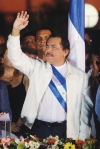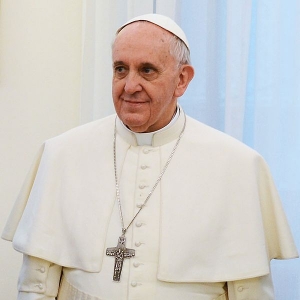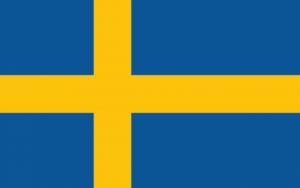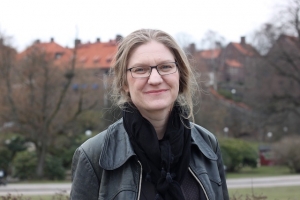Résultats de la recherche pour : Ann af Burén
Revue de presse hebdo, 13 mai
Nicaragua
Le président du Nicaragua, Daniel Ortega, a accepté vendredi 11 mai les deux conditions « préalables » à tout dialogue, posées par la Conférence épiscopale du Nicaragua (CEN), après les manifestations anti-gouvernementales, qui ont fait au moins 49 morts et 700 blessés depuis qu’elles ont débuté mi-avril — Au Nicaragua, Daniel Ortega accepte les conditions des évêques pour le dialogue (La Croix)
Indonésie
Trois attentats à la bombe, dont une attaque suicide, ont fait au moins 11 morts et 41 blessés dans des églises d'Indonésie. Ils ont été revendiqués par Daech. Dans ce pays à majorité musulmane, les attaques terroristes ne cessent d'augmenter depuis 2016 — Indonésie : trois attentats meurtriers contre des églises à Surabaya (Le Figaro)
Revue de presse, 14 mars
Vatican
"Images frappantes, phrases décisives, réformes amorcées... En trois ans, le pape François a bousculé les codes, ponctuant ses apparitions de formules chocs et de gestes forts. Retour sur les dates clés" — Les moments forts du pontificat de François (Le Figaro)
"Il y a trois ans, le 13 mars 2013, Jorge Mario Bergoglio devenait le pape François. Retour sur dix mots emblématiques de son pontificat" — Les dix mots du pape François (Nicolas Senèze, La Croix)
Sweden
Secularity in Sweden is ambiguous. Even though it may be considered as a particularly secular context, the religious and the secular in Sweden can be described as intertwined. This could explain some of the contradictions and paradoxes in the Swedish religious landscape. Sweden is often thought of as a secularized country, sometimes as the most secularized in the world. Indeed, if believing in God and going to church are central features of religiosity, Sweden may be described as an exceptionally secular context. For example, when compared to other countries, church attendance in Sweden is extremely low. In the large quantitative study known as ‘World Value Survey’ (2010-2014), in which scholars have measured what people have consider to have been important values over the past decades, only 3 % of Swedes answered that they attend church every week.
Blurring boundaries: patterns of religiosity in contemporary Sweden
Secularity in Sweden is ambiguous. Even though it may be considered as a particularly secular context, the religious and the secular in Sweden can be described as intertwined. This could explain some of the contradictions and paradoxes in the Swedish religious landscape. Sweden is often thought of as a secularized country, sometimes as the most secularized in the world. Indeed, if believing in God and going to church are central features of religiosity, Sweden may be described as an exceptionally secular context. For example, when compared to other countries, church attendance in Sweden is extremely low. In the large quantitative study known as ‘World Value Survey’ (2010-2014), in which scholars have measured what people have consider to have been important values over the past decades, only 3 % of Swedes answered that they attend church every week.









 MangoGem
MangoGem